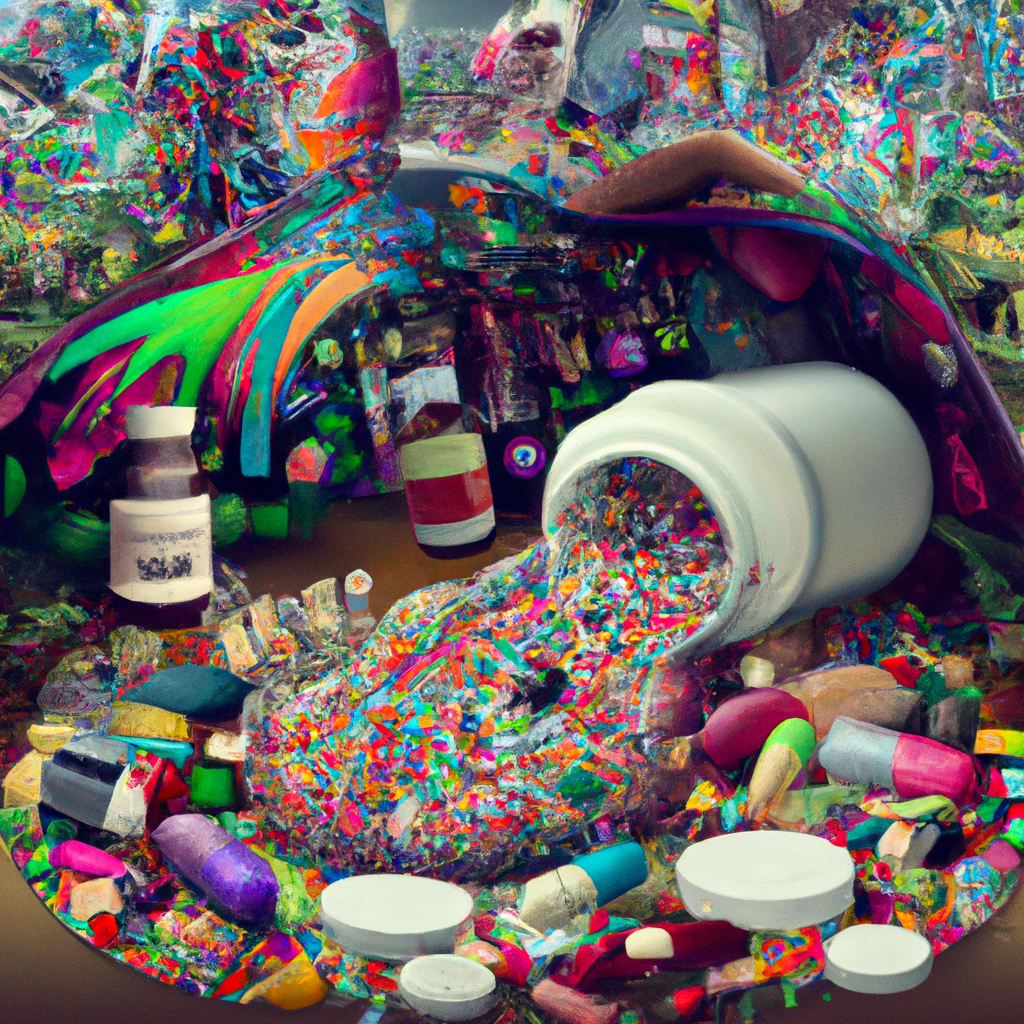Substance addiction and behavioural addiction are two different types of addictions that can have a significant impact on a person’s life. Substance addiction refers to the compulsive use of drugs or alcohol, while behavioural addiction refers to the compulsive engagement in certain activities or behaviours, such as gambling or shopping.
One key difference between substance and behavioural addiction is the type of substance or behaviour that is being compulsively engaged in. Substance addiction involves the use of drugs or alcohol, which can have physical and psychological effects on the body. These substances can alter brain chemistry, leading to changes in behaviour and cognition. In contrast, behavioural addiction does not involve the use of a substance, but rather the repetition of a certain activity or behaviour.

Another key difference between the two types of addiction is the way in which they develop. Substance addiction typically develops over time, as the person continues to use drugs or alcohol and becomes physically and psychologically dependent on them. This can lead to tolerance, where the person needs to use more of the substance to achieve the same effect, and withdrawal, where the person experiences physical and psychological symptoms when they stop using the substance. Behavioural addiction, on the other hand, can develop more quickly, as the person becomes emotionally or psychologically dependent on the behaviour.
The effects of substance addiction and behavioural addiction can also differ. Substance addiction can have a range of physical and psychological effects, including damage to the brain, organs and other systems in the body. It can also lead to social and legal problems, as well as financial difficulties. Behavioural addiction can also have negative consequences, such as financial problems and relationship issues, but the physical effects are typically less severe than those of substance addiction.
What is on this page
Substance addiction might include the following:
- Alcohol addiction: This is a type of substance addiction that involves the compulsive use of alcohol, despite the negative consequences it may have on a person’s life. Alcohol addiction can lead to physical and psychological dependence, and can have serious consequences, such as damage to the liver, increased risk of accidents, and social and legal problems.
- Opioid addiction: This is a type of substance addiction that involves the compulsive use of opioids, such as prescription painkillers or heroin. Opioid addiction can lead to physical dependence, tolerance and withdrawal, and can have serious consequences, such as overdose and respiratory failure.

Behavioural addictions might include the following:
- Gambling addiction: This is a type of behavioural addiction that involves the compulsive engagement in gambling activities, despite the negative consequences it may have on a person’s life. Gambling addiction can lead to financial problems, relationship issues and other negative consequences.
- Shopping addiction: This is a type of behavioural addiction that involves the compulsive engagement in shopping, despite the negative consequences it may have on a person’s financial situation and relationships. Shopping addiction can lead to financial problems and relationship issues.
- Internet addiction: This is a type of behavioural addiction that involves the compulsive use of the internet, despite the negative consequences it may have on a person’s life. Internet addiction can lead to problems with relationships, work and other areas of a person’s life.
- Sex addiction, also known as hypersexual disorder or compulsive sexual behaviour, is also a type of behavioural addiction. It is characterized by an obsession with sexual thoughts, feelings or behaviours that a person feels they cannot control. These behaviours may include excessive pornography use, compulsive masturbation, engaging in risky sexual behaviour and seeking out multiple sexual partners. Like other behavioural addictions, sex addiction can have negative impacts on a person’s life, including problems with relationships, work, and mental health. It can also lead to legal problems if the behaviour involves non-consensual or illegal activities.
Treatments for Substance and Behavioural Addictions
Treatment for substance addiction and behavioural addiction also differs. Substance addiction typically requires a combination of medical and psychological interventions, such as detoxification, therapy and support groups. Behavioural addiction may also involve therapy and support groups, but may not necessarily require medical intervention.
One important aspect of treatment for both types of addiction is addressing the underlying causes and triggers for the addiction. This may involve identifying and addressing any underlying mental health issues, such as depression or anxiety, as well as addressing any social or environmental factors that may contribute to the addiction.
Counselling and psychotherapy can be helpful for individuals, couples and families with addictions in addressing related issues, such as relationship problems, trauma and other mental health concerns. It can provide a safe and supportive environment for the exploration of thoughts and feelings and work towards making positive changes.
Contact Leone Centre
At the Leone Centre we can help you to choose a therapist, book your appointment and explain the process. Alternatively, if you are ready to get started, you can book directly here or call us now on 0203 930 1007.
All of the Leone Centre counsellors and therapists are experienced, accredited and highly professional, offering in person or online sessions to ensure you are comfortable to begin your journey.

